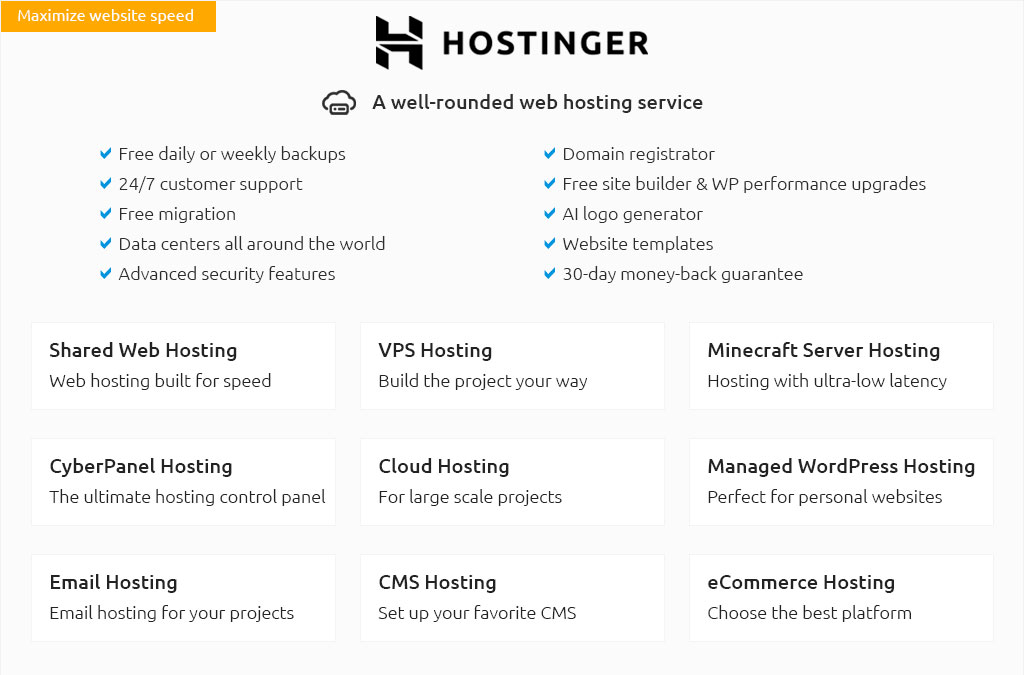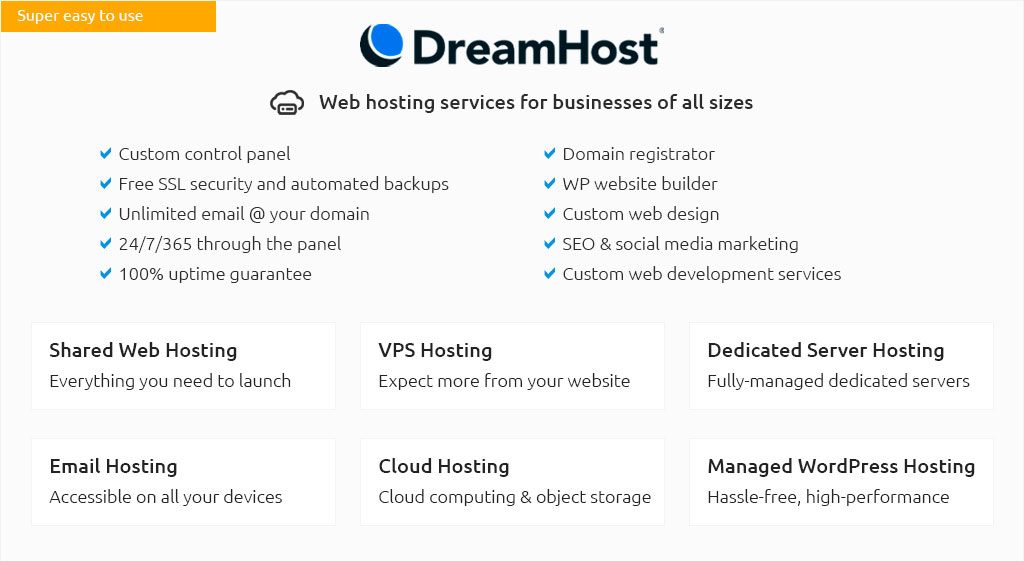 |
|||
 |
 |
 |
|
 |
|
 |
 |
 |
|||
 |
|||
 |
|||
 |
|||
 |
 |
Understanding Dedicated Server Hosting PlansIn the rapidly evolving digital landscape, choosing the right hosting plan is pivotal for businesses aiming to maintain a robust online presence. One of the most compelling options available is the dedicated server hosting plan, which offers unparalleled performance and security. But what exactly makes these plans so appealing, and are they truly the right choice for everyone? Let's delve into the intricacies of dedicated server hosting, exploring its benefits, potential drawbacks, and real-world applications. Dedicated server hosting refers to the leasing of an entire server exclusively for one's own use. Unlike shared hosting, where resources are distributed among multiple users, a dedicated server provides you with full control over the server's resources, including CPU, RAM, storage, and bandwidth. This translates into superior performance, making it ideal for websites with high traffic volumes or those that require enhanced security measures. Real-world examples include e-commerce giants like Amazon or media streaming platforms that cannot afford downtime or slow load times. The advantages of dedicated hosting are manifold. Firstly, it offers customization. Businesses can tailor the server to meet their specific needs, choosing the operating system, software, and configurations that align best with their objectives. This level of customization is often critical for developers and IT professionals who need a flexible environment for their applications. Secondly, dedicated servers provide an added layer of security. Since the server isn't shared with other users, the risk of cyber threats from neighboring sites is significantly reduced. This is especially crucial for companies handling sensitive information, such as financial institutions or healthcare providers. However, dedicated server hosting isn't without its challenges. One potential drawback is the cost. Due to the exclusive nature of these servers, they come at a premium compared to shared or VPS hosting. This means they might not be the best option for small businesses or startups with limited budgets. Additionally, managing a dedicated server requires a certain level of technical expertise. Unlike shared hosting, where the provider takes care of maintenance and updates, users of dedicated servers must handle these tasks themselves or hire IT professionals, which could add to operational costs. To illustrate, consider a mid-sized retail business experiencing rapid growth. Initially, they might opt for shared hosting due to its affordability. However, as their website traffic increases and they expand their product catalog, they may encounter issues like slow load times or limited storage. Transitioning to a dedicated server hosting plan could resolve these issues, offering the scalability needed to support their expanding operations. Moreover, with cyber threats becoming increasingly sophisticated, having a dedicated server can provide the peace of mind that comes with knowing their data is well-protected. In conclusion, while dedicated server hosting plans offer significant advantages in terms of performance, customization, and security, they may not be suitable for every organization. Businesses must carefully assess their needs, budget, and technical capabilities before committing to such a plan. Those who can leverage the full potential of dedicated servers often find them to be a worthwhile investment, paving the way for sustainable growth and success in the digital arena.
https://www.a2hosting.com/dedicated-server-hosting/
Dedicated server hosting is a web hosting service where a single user or organization gets an entire server and all its resources. This setup gives you full ... https://www.pcmag.com/picks/the-best-dedicated-web-hosting-services
Unlike a shared server that powers multiple websites, a dedicated server hosts just one site. Website stability and reliability are the twin benefits of ... https://www.resellerclub.com/managed-dedicated-server-hosting
Managed Dedicated Server Hosting ; Standard. Affordable Linux Dedicated Servers - $137.99 - 3 Years @ $137.99 /mo. 2 Years @ $137.99 /mo ; Business. Best Value-for- ...
|